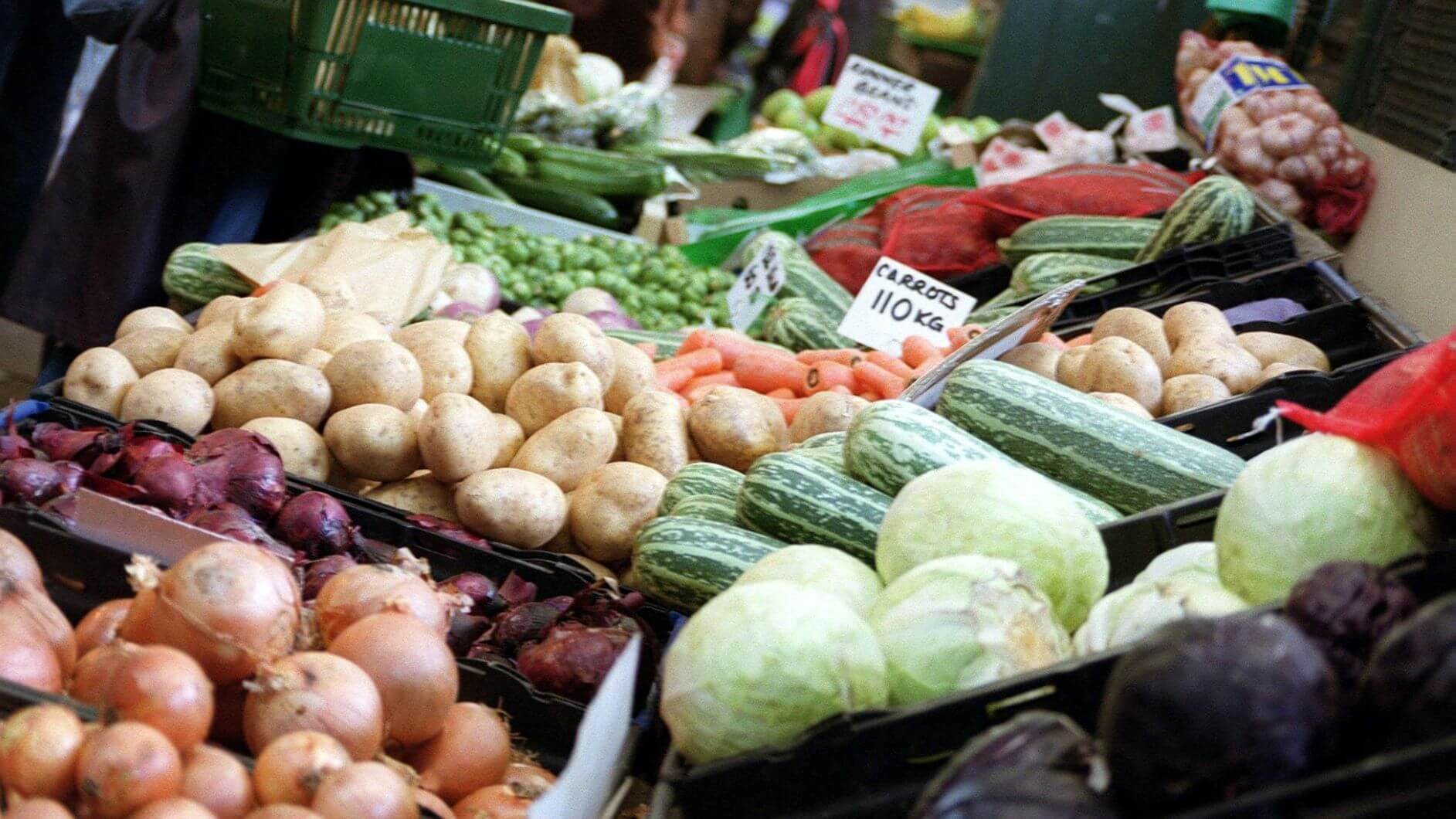PayPoint said that some shoppers have started using their corner shops for the first time since lockdown.
Corner Shops Boosted By Lockdown Spending, Figures Show
PayPoint said that some shoppers have started using their corner shops for the first time since lockdown.

British shoppers turned to corner shops during lockdown and many plan to continue using local businesses, a combination of new data from PayPoint has shown.
The average number of baskets of items bought between March and July rose 32% at PayPoint stores compared to the four months leading up to the pandemic.
Meanwhile, the number of goods in each basket rose 39%, and the value of each basket rose 64%, the data shows.
“Convenience stores largely remained open through the crises, they became a central support point for communities … people gravitated as close to home as they could,” PayPoint chief executive Nick Wiles told the PA news agency.
Some categories of products saw a massive boom at the start of the lockdown period but others came into their own later and are more likely to see sales remain higher after lockdown, Mr Wiles said.
A 191% March spike in sales of household goods, as people scrambled for cleaning products, settled back to 58% up in April and 34% up in July.
However most other categories peaked in May, as grocery sales were up 47%, confectionery was up 22%, cigarettes and tobacco added 39%, off licence sales doubled, and sales of frozen foods quadrupled.
All these categories have since settled down but frozen foods remained up 158% in July, according to the data.
Mr Wiles also cited a survey on behalf of PayPoint which indicated the new behaviour might stick.
When researchers asked 2,000 adults, 51% said they are planning to continue shopping at their local convenience store, and nearly two thirds said their local has everything they need.
It could symbolise a big boost for the sector, especially considering that more than half (56%) of people said they visited their local convenience store for the first time during lockdown.
But Mr Wiles recognised that shops must work hard to ensure that the behaviour sticks.
“The smart stores are the ones that have seen what has happened in their sector … they need to do a really good job around their offering, ensuring they have the right management of stock,” he said.
Data from retail experts Kantar has mirrored what PayPoint found.
“Convenience stores were a lifeline for many people in the early days of the crisis, providing essential supplies close to home,” Kantar’s head of retail and consumer insight Fraser McKevitt said last month.
“Sales from these types of stores are still up by more than a quarter year on year, but they attracted 2.6 million fewer shoppers through their doors than at the peak of lockdown in April.”
Kantar’s data shows that people are getting back in their cars and on to public transport and shopping further away from home.
Thanks for signing up to Minutehack alerts.
Brilliant editorials heading your way soon.
Okay, Thanks!